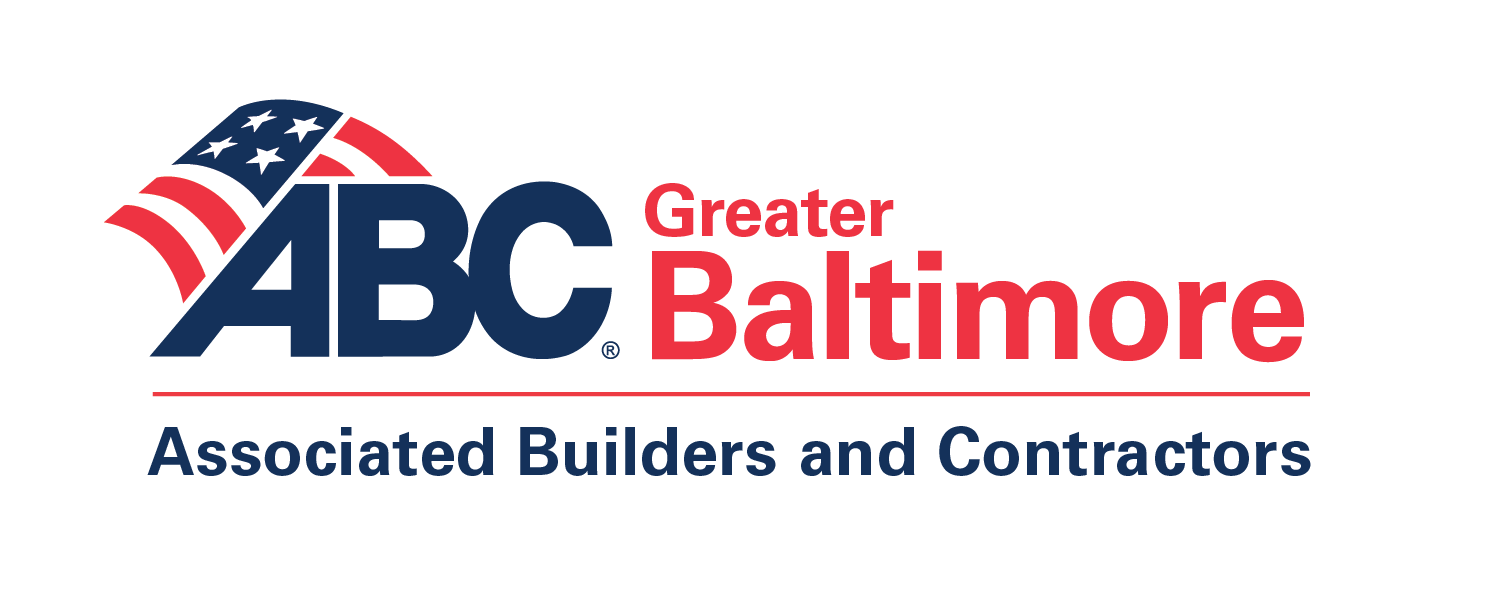As President Obama’s second term nears its end, he is using executive actions to issue regulations through government agencies that could disproportionately hurt small businesses around the country. The construction industry is particularly vulnerable, given the nature of the industry with multiple employers on jobsites and the myriad of employer and employee-type relationships.
The most recent rule that went into effect, on June 23, 2016 is The Occupational Safety and Health Administration’s (OSHA) Respirable Crystalline Silica Final Rule, which lowers the permissible exposure limit (PEL) of crystalline silica from the current standard or 250 micrograms per cubic meter of air to 50 micrograms per cubic meter of air, averaged over an eight hour day.
This regulation requires contractors to follow several provisions to prevent and measure crystalline silica exposure, which is commonly found in construction materials including concrete, bricks, stone, asphalt, tile and countertops.
“OSHA’s Silica rule is economically crippling to many construction businesses and will result in significantly longer projects,” said Mike Henderson, with ABC Baltimore. “Contractors will have to wait for the technology to catch up with the industry to comply with standards that, right now, are impractical to implement.”
The Department of Labor (DOL)’s Persuader Rule, which is intended to make it more difficult for groups such as ABC to advise its members on how to cope with union organizing efforts, has been blocked by a nation-wide injunction of which ABC was a part of a coalition of business groups challenging the rule.
The DOL also released its Overtime Final Rule, which changes the federal exemptions to overtime pay under the Fair Labor and Standards Act for “white collar” workers by increasing the current minimum salary level exempt from $23,660 to $47,476 and will automatically increase every three years.
Going into effect December 1, 2016, this rule will have a direct and negative effect on small businesses and the construction industry.
ABC has become a vocal opponent of the overtime rule and has cosponsored acts that may prevent the DOL from implementing its changes. ABC supported legislation to prevent implementation and submitted comments as a member of the Partnership to Protect Workplace Opportunity.
The Electronic Record Keeping Final Rule issued by OSHA, goes into effect on January 1, 2017. The new rule requires certain employers to electronically submit injury and illness data that they are already required to record on their onsite OSHA Injury and Illness forms.
OSHA claims that reporting such information will help to use its “enforcement and compliance assistance resources more efficiently.” Some data will be reported on OSHA’s website because the federal agency believes public disclosure will encourage companies to improve workplace safety and provide “valuable information” to the public.
“This rule will do nothing more than harm the reputation of businesses and is unnecessary,” said Mike Barton, ABC Baltimore’s Director of Safety.
The Federal Acquisition Regulatory (FAR) Council plans to issue a rule to implement President Obama’s Fair Pay and Safe Workplaces Executive Order 13673, known as the blacklisting proposal. The proposal directly targets the construction industry by requiring federal contractors and subcontractors to disclose any “violations” of 14 federal labor laws that occurred in the three years prior to the award of any new federal government contracts exceeding $500,000. Reported violations may be used by government officials to disqualify companies from receiving federal contracts.
“This proposal is completely unconstitutional, is a violation of a contractor’s rights to due process, adds endless new regulations and red tape for the industry, and is bias toward specific firms,” said Henderson.
